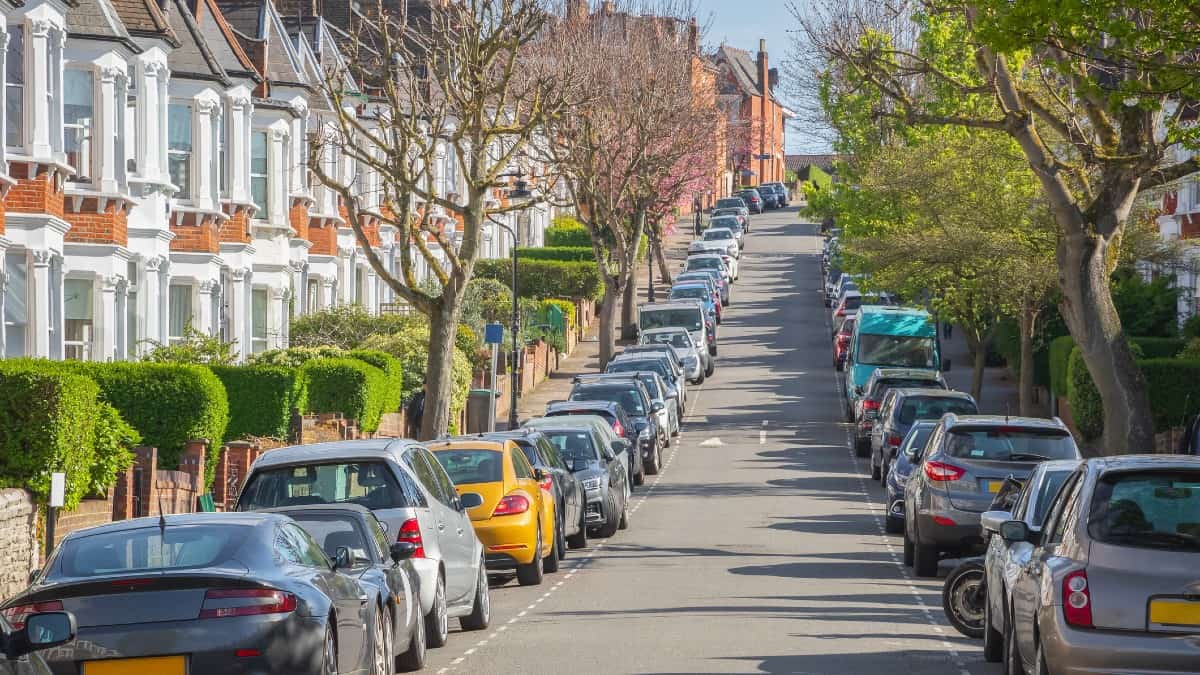A flurry of recently published official statistics confirms something that I’ve said several times in these columns in recent months.
Namely, that many people’s finances have been bolstered — sometimes quite significantly — during the 18 months or so since the first Covid-19 lockdown.
Households repaid a net £1.4 billion of mortgage debt in July, the latest month for which figures are available — something that has happened only once before in the last decade. Normally, mortgage debt rises.
The Bank of England’s latest Money and Credit report revealed that households also deposited an additional £7.1 billion with banks and building societies in July. For comparison, in the year to February 2020, the average inflow was £4.7 billion.
Pension contributions are holding up well, too. When Covid-19 hit, a reasonable assumption might have been that many people would cut back on pension contributions, preferring to keep their cash accessible. Not so: in 2020, annual pension savings totalled £105.9 billion, up from £100.4 billion in 2019.
A sky-high savings ratio
What’s happening? It’s no secret: thanks to Covid-19, the UK’s savings ratio — the proportion of household income that is saved and invested, as opposed to spent — has rocketed upwards.
And ‘rocketed’ isn’t an exaggeration. I’m looking at a chart going back to 1963. Most of the time, the savings ratio hovers in a band between 5% and 10%. As recently as 2017, it was as low as 4.7%.
Come Covid-19, and those of us whose incomes held up — and I know that not everyone was in this fortunate position — had far fewer things on which to spend that income.
In the six months to June 2020, the savings ratio hit 25.9%, a simply extraordinary figure. In their millions, people paid off credit card debt, over-paid their mortgages, stashed money into bank and building society accounts, upped their pension contributions, and invested.
Although the savings ratio fell back to 14.3% in the third quarter of 2020, it’s back at 20% today, according to the latest figures from the Office for National Statistics.
Ordinary people, extraordinary wealth
Who are all these people, doing all this saving, and investing, and paying-off debt?
You, hopefully. But certainly — statistically speaking — they will include a number of your friends and neighbours, if they were fortunate enough to escape Covid-19’s depredations on their health and incomes.
Right across the country, people have found themselves with expected dollops of cash, and with few available spending options, have chosen to be prudent, and use the money to improve their finances.
I know that’s true of me, and I know that it’s also true of all sorts of people who I meet — meeting some of them, like a chap I bumped into in our local pub last week, for the first time since March 2020.
There’s still time
There are several corollaries of all this.
First, this window of opportunity hasn’t yet closed, and in my view, won’t do so for some time. Irrespective of the Chancellor’s hopes for a spending-led boom, there’s still a great deal of caution around. In short, you still have time to make an appreciable difference to your financial picture.
Second, the caution to which I referred in the previous paragraph also extends — in many cases — to how your friends and neighbours will have prioritised what they did with their windfall cash. Debt repayment is good; mortgage over-payment is good — but sticking billions in banks and building societies isn’t. With interest rates at rock-bottom levels, returns will be minimal.
And third, the damage that Covid-19 has inflicted on the economy — and on the stock market — is still there. The Footsie is still 10% below where it was in January 2020, and many industries are still feeling battered and bruised. For investors, that spells opportunity.
Wealth-building
And, to be blunt, that opportunity also offers a chance to catch-up — or overtake — friends and neighbours in the wealth stakes.
The simple fact that you’re reading this column shows that you almost certainly have some sort of interest in the stock market, and investing. And the very fact that your friends and neighbours very probably aren’t reading this column suggests that they probably don’t share that interest. Need I say more?
Choose well; choose wisely — but most importantly, choose to embrace the stock market as part of your wealth-building strategies.








